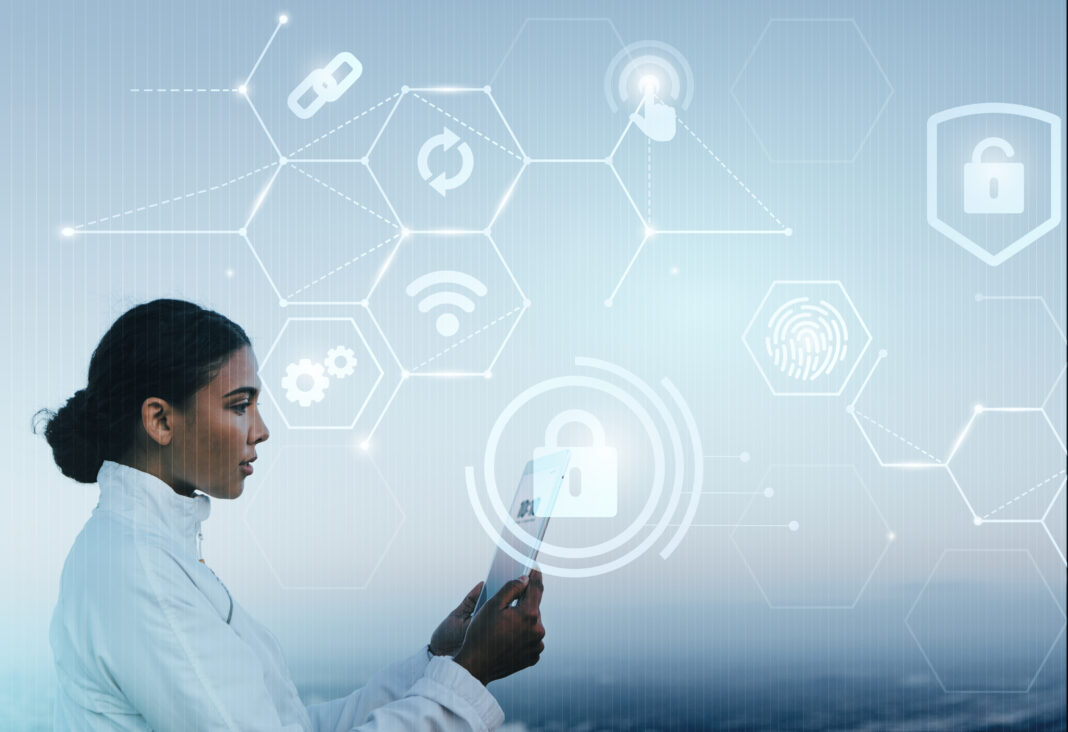In today’s digital age, where technology permeates every aspect of our lives, cybersecurity has become a critical concern for individuals, businesses, and governments alike. Cybersecurity refers to the practices, technologies, and processes designed to protect networks, devices, programs, and data from unauthorized access, attacks, or damage. But why is cybersecurity so important, and how does it impact our daily lives? This article explores the fundamentals of cybersecurity, its significance, and why it should be a priority for everyone.

What is Cybersecurity?
Cybersecurity is the practice of safeguarding digital systems, networks, and data from cyber threats such as hacking, malware, ransomware, and phishing attacks. It involves a combination of technologies, processes, and user awareness to create a secure environment for digital operations. Cybersecurity encompasses several key areas:
- Network Security: Protecting the integrity of networks from unauthorized access or attacks.
- Information Security: Ensuring the confidentiality, integrity, and availability of data.
- Application Security: Securing software and applications from vulnerabilities.
- Endpoint Security: Protecting individual devices like computers, smartphones, and tablets.
- Cloud Security: Safeguarding data stored in cloud environments.
Cybersecurity is not just about technology; it also involves educating users to recognize and avoid potential threats, such as suspicious emails or unsafe websites.
Why is Cybersecurity Important?
1. Protection of Sensitive Data
In an era where personal and financial information is stored and shared online, cybersecurity is essential to prevent data breaches. Cyberattacks can lead to the theft of sensitive information, such as credit card details, social security numbers, and medical records. For businesses, a data breach can result in significant financial losses and damage to reputation.
2. Safeguarding National Security
Cybersecurity is crucial for protecting a nation’s critical infrastructure, including power grids, transportation systems, and communication networks. Cyberattacks on these systems can have devastating consequences, disrupting daily life and even posing risks to national security.
3. Preventing Financial Loss
Cyberattacks can be costly for both individuals and organizations. Ransomware attacks, for example, can lock users out of their systems until a ransom is paid. Additionally, businesses may face fines, legal fees, and loss of revenue due to cyber incidents.
4. Maintaining Privacy
With the increasing amount of personal data being collected by companies, cybersecurity ensures that this information remains private and is not misused. Privacy breaches can lead to identity theft, fraud, and other serious consequences.
5. Supporting Business Continuity
For businesses, cybersecurity is essential for maintaining operations and ensuring continuity. A successful cyberattack can disrupt business processes, leading to downtime and loss of productivity.
Common Cybersecurity Threats
Understanding the types of threats is key to implementing effective cybersecurity measures. Some of the most common threats include:
- Malware: Malicious software designed to damage or disrupt systems.
- Phishing: Fraudulent attempts to obtain sensitive information by pretending to be a trustworthy entity.
- Ransomware: A type of malware that encrypts data and demands payment for its release.
- Denial-of-Service (DoS) Attacks: Overwhelming a system with traffic to render it unusable.
- Insider Threats: Risks posed by individuals within an organization who misuse their access.
How to Improve Cybersecurity
1. Use Strong Passwords and Multi-Factor Authentication
Creating strong, unique passwords and enabling multi-factor authentication (MFA) can significantly reduce the risk of unauthorized access.
2. Keep Software Updated
Regularly updating software and systems ensures that known vulnerabilities are patched, reducing the risk of exploitation.
3. Educate Employees and Users
Training employees and users to recognize phishing attempts and other threats is a critical component of cybersecurity.
4. Implement Firewalls and Antivirus Software
Firewalls and antivirus software provide a first line of defense against cyber threats.
5. Backup Data Regularly
Regular data backups can help recover information in the event of a ransomware attack or data loss.
Conclusion
Cybersecurity is no longer optional; it is a necessity in our interconnected world. From protecting sensitive data to ensuring business continuity, cybersecurity plays a vital role in safeguarding our digital lives. By understanding the threats and implementing best practices, individuals and organizations can reduce their risk of falling victim to cyberattacks.
As technology continues to evolve, so too must our approach to cybersecurity. Stay informed, stay vigilant, and prioritize cybersecurity to protect yourself and your digital assets.

